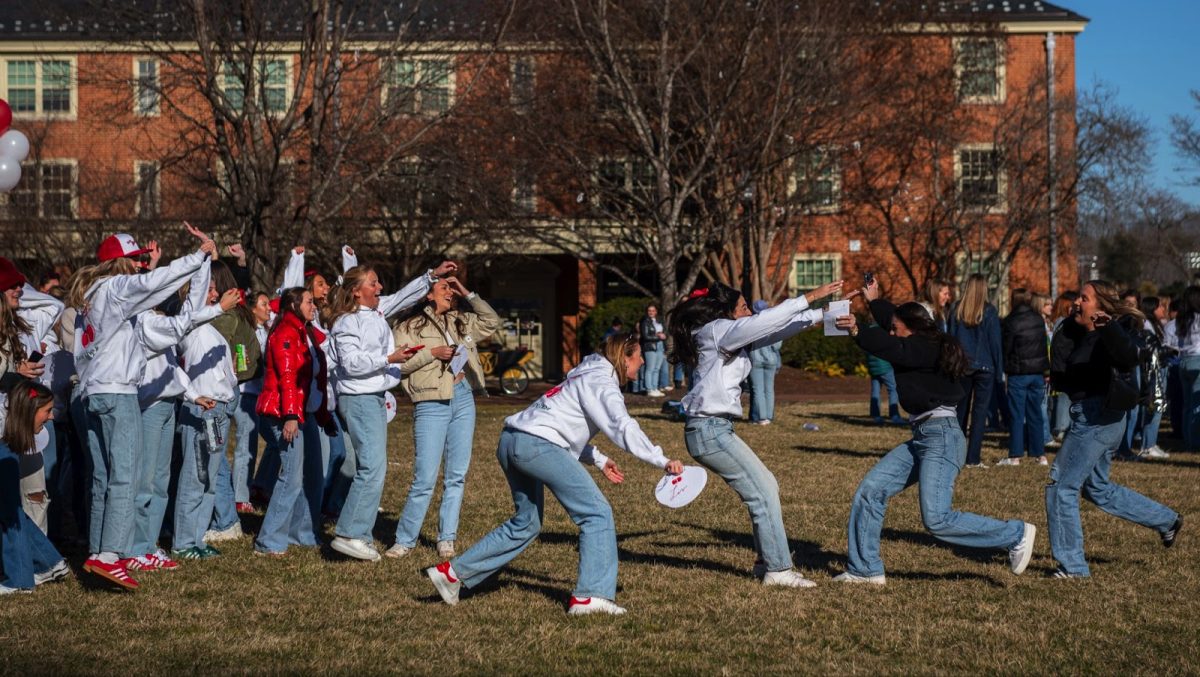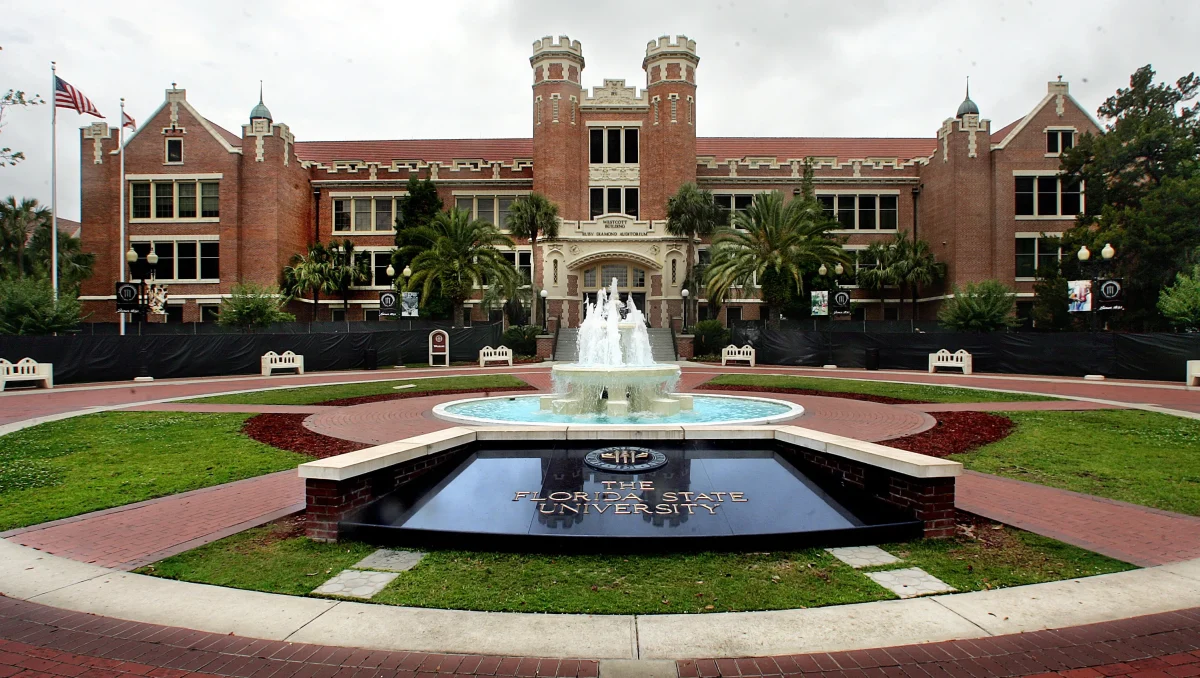“So many schools find their accountability starts with accountability to donors and founders and board members. The accountability should first be to the students. You are first accountable to the students that populate this community.”
Tarana Burke, the founder of the Me Too movement, spoke these words to the Wake Forest community at her talk on Tuesday, Sept. 25 in Wait Chapel.
Her statement is especially poignant considering the recent “timely warning” e-mailed to students, which stated that the university had received two anonymous allegations of sexual assault at Delta Kappa Epsilon’s fraternity house on Polo Road.
It is imperative that the university, after hosting Burke, closely examine its approach to responding to sexual assault incidents on campus.
Burke herself called out the ways in which college campuses approach sexual assault education and prevention, with it primarily being discussed during first-year orientation and little elsewhere.
During Wake Forest’s first-year orientation, new students attend mandatory programs that educate students on sexual assault and consent.
The conversation often stops there.
While groups like the SAFE Office and PREPARE are great resources, they do not create a campus-wide dialogue on sexual violence.
Students should actively seek out these conversations, no matter how uncomfortable they are. As Burke said, university administration, board members and donors are accountable to students. But it is the job of the students to hold them accountable and keep important topics in conversation.
We, as a student body, need to demand more open and intentional conversation with university officials about the issue of sexual violence on our campus and how to respond to it.
Burke urged students to take action in her speech, saying, “If you’re not happy about what’s happening here, you can change it.” We, as a student body, can be the catalyst of this dialogue.
When incidents are reported, no official investigation can begin when there are no identified victims, possible assailants or witnesses. However, that doesn’t mean students should stop talking about it, or should avoid the conversation.
The culture of sexual assault on this campus should be continually re-examined to discover what role we as students can play to best improve our culture and our communication about these issues.
We should never forget about the reports and we should never forget about the victims or the survivors.










